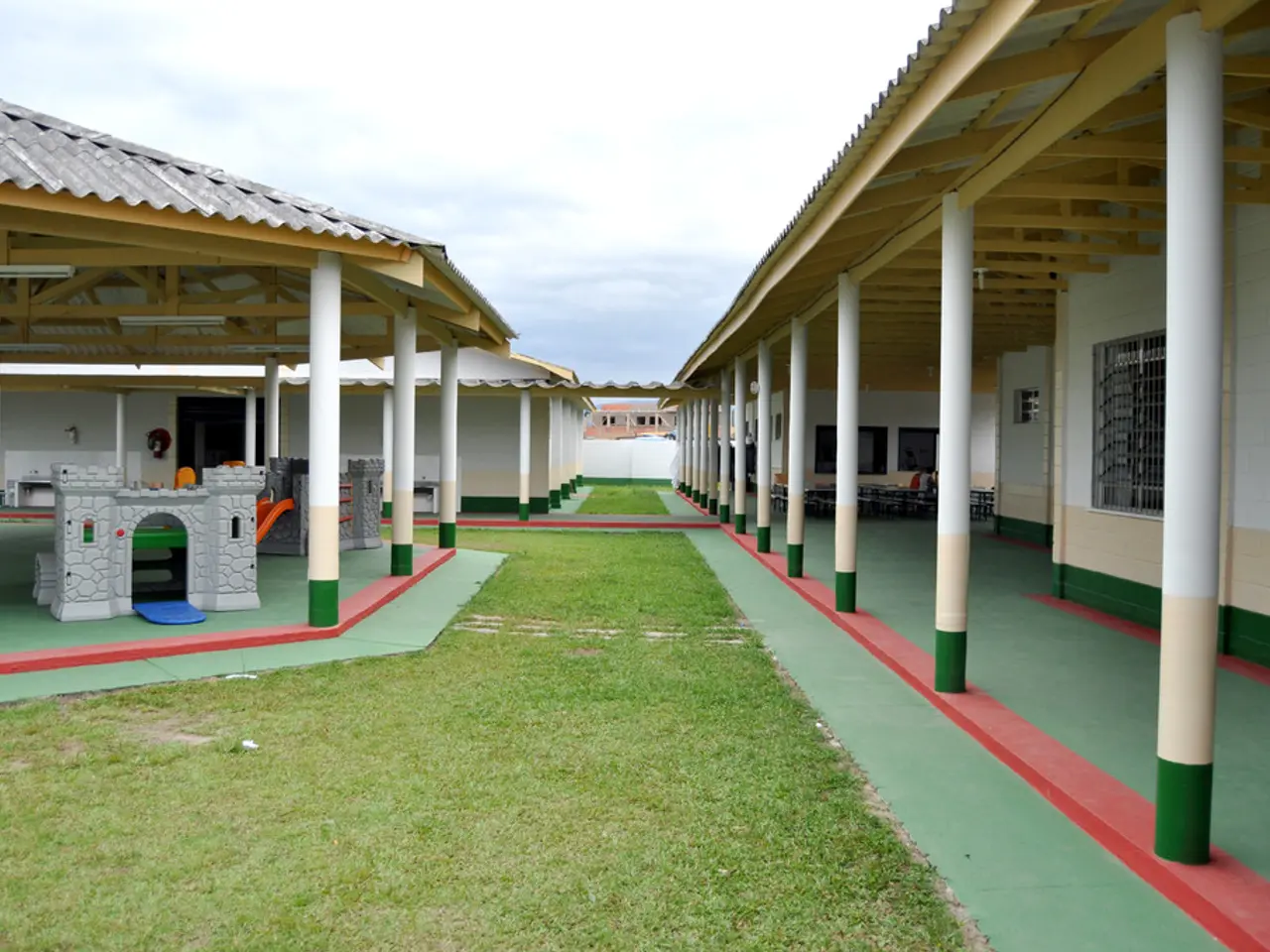Hydrogen Allocation Round 2 (HAR2): Listed Projects in the United Kingdom Advance
The UK government has invited 27 shortlisted projects to progress to the next stage of the Hydrogen Allocation Round 2 (HAR2) process, following the announcement on April 7, 2025. This stage, which includes a due diligence and cost assurance process, is a crucial part of the Government's competitive selection process for hydrogen projects[1].
A total of 87 applications were received for HAR2, reflecting diverse locations and hydrogen offtaker types across England, Scotland, and Wales. If successful, these projects are expected to become operational between 2025 and April 2028 and will contribute significantly to the UK's ambition of kickstarting large-scale green hydrogen production[1].
The projects are forecasted to access over £2 billion of revenue support through the Hydrogen Production Business Model over 15 years, plus more than £90 million in capital support via the Net Zero Hydrogen Fund. Additionally, these projects have committed over £400 million in private capital investment upfront from 2024 to 2026 and plan to create more than 700 direct jobs in construction and operation[1].
The government's role in the process involves conducting ongoing due diligence, cost assurance, and providing financial backing where appropriate. The aim is to maximize deployment in key low carbon hydrogen clusters like the East Coast and HyNet, while also supporting other clusters (Acorn and Viking) with development funding contingent on business case approval and project readiness[1].
It's important to note that being on the shortlist does not guarantee government support for the projects. Success in HAR2 is unlikely for all projects, as was the case with HAR1. The government looks forward to working with industry on the next stage of the HAR2 process[1].
The first round (HAR1) projects have already progressed to construction, with 10 projects signed contracts and breaking ground. These projects represent the UK's initial commercial-scale green hydrogen developments, creating skilled jobs across industrial regions such as South Wales and Teesside[2][3].
As the UK advances its goal to become a clean energy superpower by deploying large-scale green hydrogen infrastructure, the HAR2 projects are set to play a significant role. The government has published a Cost Challenge Document for the shortlisted projects to drive down costs, and the due diligence and cost assurance stage will ensure that only the most viable projects progress[1].
A further update on the HAR2 process will be provided in due course.
[1] GOV.UK (2025). Hydrogen Allocation Round 2 (HAR2): Shortlisted projects. [online] Available at: https://www.gov.uk/government/publications/hydrogen-allocation-round-2-har2-shortlisted-projects
[2] GOV.UK (2024). Hydrogen Allocation Round 1 (HAR1): Projects. [online] Available at: https://www.gov.uk/government/publications/hydrogen-allocation-round-1-har1-projects
[3] GOV.UK (2024). Hydrogen Allocation Round 1 (HAR1): Projects signed contracts and breaking ground. [online] Available at: https://www.gov.uk/government/news/hydrogen-allocation-round-1-har1-projects-signed-contracts-and-breaking-ground
The UK's shortlisted Hydrogen Allocation Round 2 (HAR2) projects, if successful, are expected to attract over £2 billion through the Hydrogen Production Business Model, along with £90 million in capital support from the Net Zero Hydrogen Fund. These projects, aiming to contribute significantly to the UK's large-scale green hydrogen production ambition, have also committed over £400 million in private capital investment.
The government's ongoing role includes conducting due diligence, cost assurance, and providing financial backing to maximize deployment in key low carbon hydrogen clusters. Success in HAR2, however, is not guaranteed, as it was not for HAR1 projects, some of which have already progressed to construction and created jobs in industrial regions.




